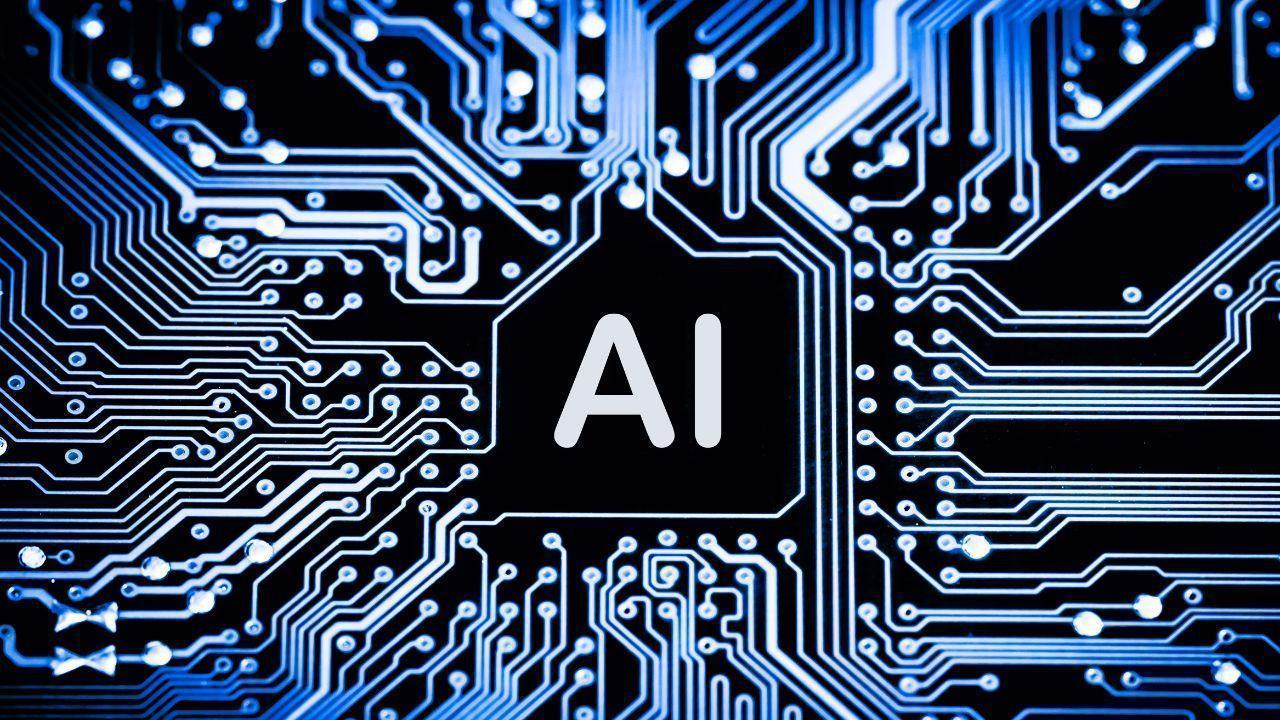You have not yet added any article to your bookmarks!

Join 10k+ people to get notified about new posts, news and tips.
Do not worry we don't spam!

Post by : Laxmi Verma
Artificial Intelligence, commonly known as AI, has become a buzzword in technology, business, and everyday life. But what exactly is AI? How does it work, and why is it generating so much interest across various industries? If you’re new to the topic, understanding the basics of Artificial Intelligence is essential to grasp its potential and implications.
In this article, we will break down AI into simple terms, explore its core concepts, types, and real-world applications, helping you build a solid foundation for further exploration.
At its core, Artificial Intelligence refers to the ability of machines or software to perform tasks that typically require human intelligence. These tasks include learning, problem-solving, recognizing speech, understanding language, and making decisions.
Unlike traditional computer programs that follow fixed rules, AI systems can analyze data, learn from experience, and improve over time — mimicking human cognitive functions to a certain extent.
To truly grasp understanding the basics of Artificial Intelligence, it’s helpful to know the different types of AI:
Narrow AI (Weak AI):
This type of AI is designed to perform specific tasks, such as voice assistants (like Siri or Alexa), recommendation systems, or facial recognition. Narrow AI operates within a limited domain and doesn’t possess general intelligence.
General AI (Strong AI):
General AI refers to machines that have the ability to understand, learn, and apply intelligence across a broad range of tasks — much like a human. This type of AI remains largely theoretical and is a goal for future research.
Superintelligent AI:
This hypothetical AI would surpass human intelligence in all respects. It’s a topic of much debate and speculation in both technology and ethics.
At the heart of AI are algorithms — sets of rules that allow machines to process data and make decisions. Two key techniques help AI systems learn:
Machine Learning (ML):
ML enables AI to learn from data by identifying patterns and making predictions without being explicitly programmed for every scenario. For example, spam filters learn to detect unwanted emails by analyzing past messages.
Deep Learning:
A subset of machine learning, deep learning uses neural networks inspired by the human brain’s structure. It’s especially powerful for processing complex data like images, speech, and natural language.
Understanding the basics of Artificial Intelligence includes recognizing how AI impacts our daily lives and industries:
Healthcare:
AI helps diagnose diseases, analyze medical images, and personalize treatment plans, improving patient outcomes.
Finance:
From fraud detection to algorithmic trading, AI is revolutionizing how financial institutions operate.
Retail:
Personalized recommendations, inventory management, and customer service chatbots rely on AI technologies.
Transportation:
Autonomous vehicles and route optimization are powered by advanced AI systems.
Customer Service:
Virtual assistants and chatbots enhance user experience by providing instant support.
As AI continues to evolve, it’s important to be aware of ethical issues such as privacy, bias, job displacement, and decision transparency. Understanding the basics of Artificial Intelligence also means recognizing the responsibility developers and users have in ensuring AI is used fairly and safely.
The future of AI holds exciting possibilities, from smarter cities and improved education to breakthroughs in scientific research. By building a solid understanding of AI’s basics today, you’ll be better equipped to adapt to and participate in this rapidly changing technological landscape.
This article is for informational purposes only and does not constitute professional advice in AI development, programming, or ethics. While every effort has been made to ensure accuracy, readers should consult experts or trusted sources before making decisions based on this content.










Rashmika Mandanna, Vijay Deverakonda Set to Marry on Feb 26
Rashmika Mandanna and Vijay Deverakonda are reportedly set to marry on February 26, 2026, in a priva

FIFA Stands by 2026 World Cup Ticket Prices Despite Fan Criticism
FIFA defends the high ticket prices for the 2026 World Cup, introducing a $60 tier to make matches m

Trump Claims He Ended India-Pakistan War, Faces Strong Denial
Donald Trump says he brokered the ceasefire between India and Pakistan and resolved eight wars, but

Two Telangana Women Die in California Road Accident, Families Seek Help
Two Telangana women pursuing Master's in the US died in a tragic California crash. Families urge gov

Ranveer Singh’s Dhurandhar Roars Past ₹1100 Cr Worldwide
Ranveer Singh’s Dhurandhar stays unstoppable in week four, crossing ₹1100 crore globally and overtak

Asian Stocks Surge as Dollar Dips, Silver Hits $80 Amid Rate Cut Hopes
Asian markets rally to six-week highs while silver breaks $80, driven by Federal Reserve rate cut ex